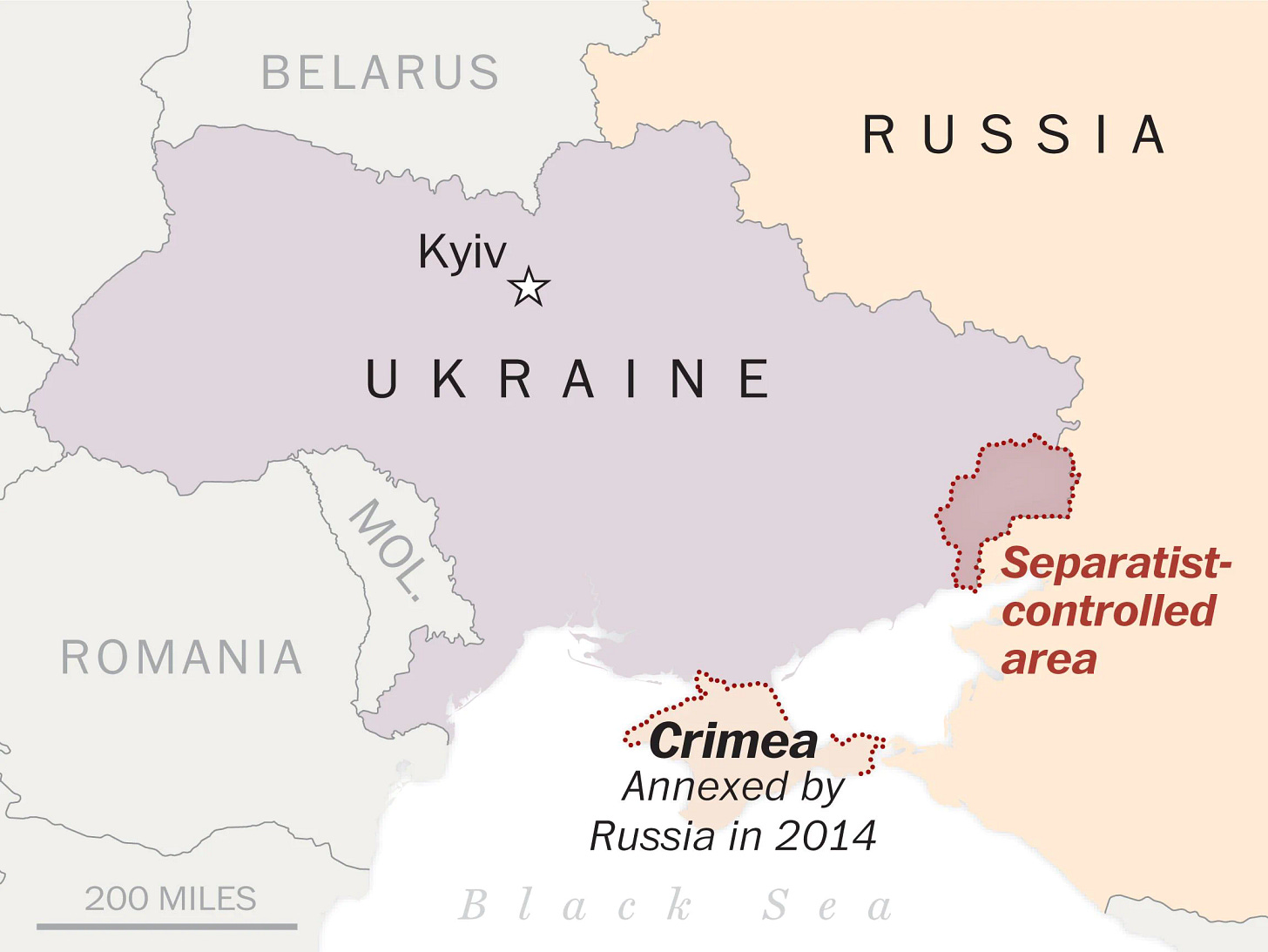The Events That Shaped Last Week
Authored By Brynne Kelly
US SPR RELEASE
Last week, The U.S. Department of Energy announced another loan of 13.4 million barrels of crude oil from its strategic reserve as part of a renewed effort by the Biden administration to contain oil prices that have surged to their highest level since 2014. The awards to seven companies -- part of a previously announced move -- mark the second-largest exchange of oil from the Strategic Petroleum Reserve ever, and bring the total amount of oil released from the cache to nearly 40 million barrels, according to the Energy Department.
WINTER STORM KENAN
Last Monday, meteorologists began tweeting about a possible nor'easter impacting the Mid-Atlantic and Northeast from Friday Night to Saturday. The system, named Winter Storm Kenan by The Weather Channel, brought blizzard conditions to areas including Boston's Logan Airport and the New Jersey coast as well as parts of New York, Connecticut, Delaware and Maine.
BIOFUELS
Near-record food prices risk elevation as soaring crude oil increases the appeal of turning more agricultural commodities into biofuels. Benchmark palm oil futures traded near a record, raw sugar hovered around a 2-week high, while soybeans, soybean oil and corn climbed.
LUNAR NEW YEAR
More Chinese are joining the great travel rush back to their home towns for the Lunar New Year holiday despite the spread of omicron, unleashing pent-up demand and providing a bump to oil consumption. The surge in journeys will aid oil demand just as crude prices soared to the highest level in seven years on stronger than expected consumption and shrinking stockpiles. That’s prompted a raft of banks including Goldman Sachs Group Inc. to predict a return to $100 oil this year.
RUSSIA/UKRAINE
Kremlin: Present tensions are reminiscent of the Cold War.
BBC: Pres Biden warned there was a distinct possibility Russia might invade Ukraine next month, reaffirmed in call with Ukraine Pres Zelensky the readiness of the US to respond decisively if Russia further invades Ukraine. US: has called for a UN Security Council meeting for Monday to discuss build of Russian troops on Ukraine border. Biden also told Ukraine’s Pres. Zelensky: The US is looking into additional macroeconomic assistance for Ukraine.
IRAN
Iran nuclear talks are entering a critical stage. Whether a deal can be reached in the coming weeks or months from Iran's nuclear talks will affect forecasts for the supply-demand balance in the oil market, as Iran could increase its oil exports by 1 million barrels a day in the first year of sanctions-free exports. A full resumption of the deal and the lifting of U.S. sanctions would push oil prices lower as the glut of oil on the market would increase. The longer the nuclear talks drag on, the longer it will take for Iran to start increasing oil exports with a deal. Western countries and the United States in the JCPOA fear that a further delay in talks would allow Iran to advance its nuclear weapons activities. Oil prices will be very bullish if the talks in Vienna break down, with market balances expected to tighten in 2023 and 2024, and the standoff between the US and Iran could further fuel tensions in the Middle East.
OFFSHORE OIL AND GAS LEASES
A U.S. judge on Thursday revoked 80 million acres of Gulf of Mexico oil and gas leases for underestimating the climate impact and risks, Earthjustice, which filed the law suit, said. A federal judge on Thursday invalidated a massive oil and gas lease sale for 80 million acres in the Gulf of Mexico after a coalition of environmental groups sued the Biden administration to stop it. The ruling cancels 1.7 million acres of oil and gas leases from that sale, according to data from the Bureau of Ocean Energy Management. The administration tried in its first days in office to put a stop to new oil and gas drilling. On January 27, 2021, Biden signed an executive order that paused new permits and directed the Department of the Interior to launch a "rigorous review" of existing programs related to fossil fuel development.
BANK COMMENTARY
Last week, Goldman Sachs downgraded US financials from overweight to neutral. Concurrently, they upgraded US energy stocks from neutral to overweight.
Once again, last week delivered another endless supply of bullish chatter that propelled prices higher. Is this just the beginning? Let's look underneath the hood a bit to gauge what is happening.
MARKET IMPACT
Commodity markets are vulnerable to short-term disruptions in supply or demand that can translate quickly to front-month futures prices. Weather events, unplanned outages and sudden shifts in producer/consumer behavior are the usual culprits and historically fairly short-lived. Every so often though,
***Market Reaction and Analysis Including EIA Report Beneath the Fold***












